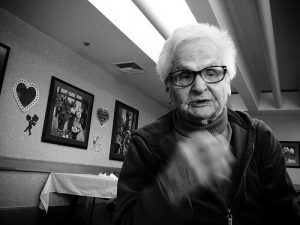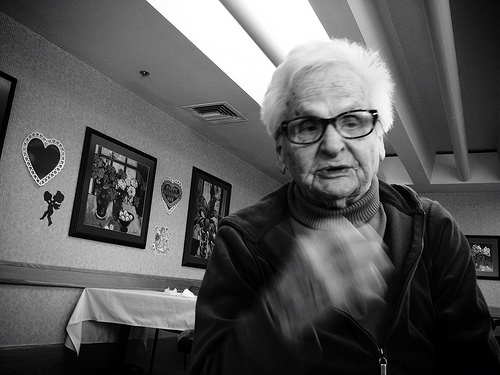 Alzheimer’s is a disease of particular concern to seniors. While it isn’t exclusively a disease for aging loved ones, a third of all seniors die with Alzheimer’s or another form of dementia.
Alzheimer’s is a disease of particular concern to seniors. While it isn’t exclusively a disease for aging loved ones, a third of all seniors die with Alzheimer’s or another form of dementia.
According to the Alzheimer’s Association, more than 5 million Americans are living with the disease, two-thirds of them female. In her 60s, a woman’s estimated lifetime risk of developing Alzheimer’s is 1 in 6. For breast cancer, it is 1 in 11.
Every 67 seconds, an American develops Alzheimer’s. It is the 6th leading cause of death in the U.S. Every year, approximately 500,000 deaths happen because of the affliction.
Risk factors identified by scientists include family history and genetic makeup. Those with a parent, brother, sister, or child with Alzheimer’s are more likely to develop it. It’s still unclear if environmental factors also play a role, but researchers caution about a link between traumatic brain injuries as well as implications related to high blood pressure, heart disease, stroke, diabetes, and high cholesterol.
Doctors make the diagnosis after a physical and neurological exam. Blood tests and a review of medical history can occasionally account for dementia-like symptoms that are actually caused by treatable conditions such as depression, drug interactions, thyroid problems, alcohol abuse or vitamin deficiencies.
The 10 signs of possible Alzheimer’s are:
- Memory loss that disrupts daily life.
- Challenges in planning or solving problems.
- Difficulty completing familiar tasks at home, at work or at leisure.
- Confusion with time or place.
- Trouble understanding visual images and spatial relationships.
- New problems with words in speaking or writing.
- Misplacing things and losing the ability to retrace steps.
- Decreased or poor judgment.
- Withdrawal from social activities.
- Changes in mood and personality.
The problem is that some of these signs can be explained by typical age-related changes such as vision changes related to cataracts, making occasional errors when balancing a checkbook, or becoming irritable when a routine is disrupted. That’s why the doctor’s visit is so important.
When “senior moments” begin to accumulate, difficult choices may be needed and arrangements necessary to handle legal and financial situations. The senior may no longer be able to live alone and need help performing daily tasks.
Assisted Living at Regency Retirement Community is designed to respond to the individual needs of senior adults who need help with the activities of daily living such as bathing, dressing, and supervision of medications, but do not need the skilled medical care provided by a nursing home.
Regency Retirement Village in Birmingham is planning to open Reflections Village, a special unit dedicated to specifically treating those with Alzheimer’s and other memory related disorders. It will be a safe, secure environment where residents enjoy three delicious meals and snacks every day. We’ll also help with getting dressed, bathing & grooming, managing medications, weekly housekeeping and laundry services, and daily activities.
Our caring staff is comprised of experienced professionals available around the clock. Giving seniors a structured schedule helps with memory. We pride ourselves on being compassionate and working to make our residents happy, active, comfortable, and engaged.
For more information on the Reflections Village or to schedule a free consultation, visit https://regencybirmingham.com/retirement-home-amenities/assisted-living-community We respect your privacy and will keep your information confidential.
Alzheimer’s and other dementia can be frightening to think about, but once a condition is accepted, treatment options and caregiving can be arranged to help the senior better cope with the disease, thus enjoying the best possible lifestyle under the circumstances.
Further reading:
Alzheimer’s Association: http://www.alz.org/
The Alzheimer’s Disease Education and Referral Center: http://www.nia.nih.gov/alzheimers
Alzheimer’s Reading Room: http://www.alzheimersreadingroom.com/
The New York Times “New Old Age” Blog: http://newoldage.blogs.nytimes.com/

